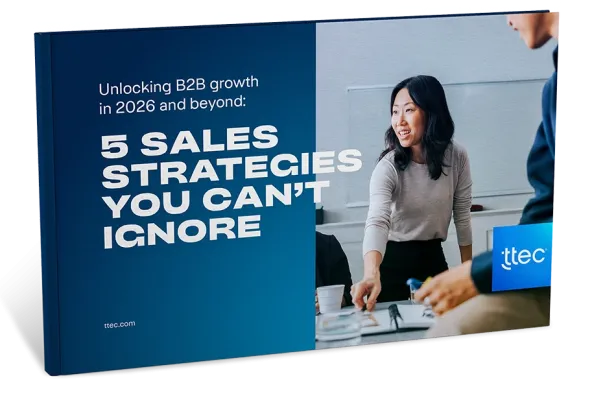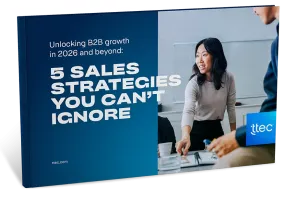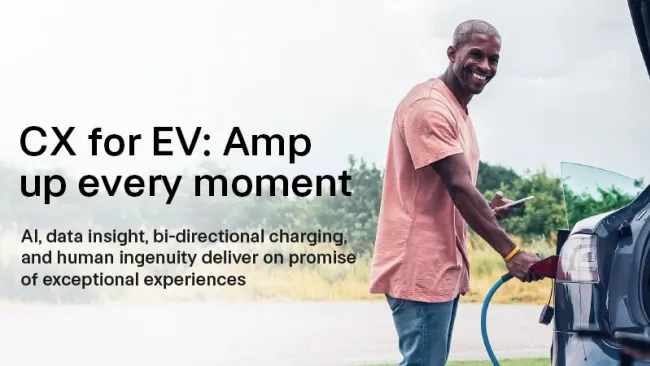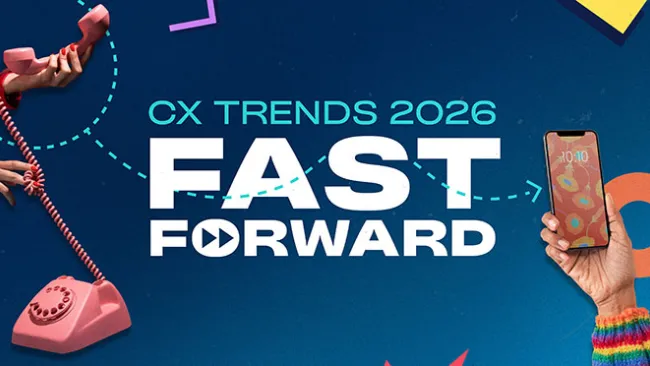Millennials live a fast paced, connected, and instantly gratifying lifestyle. But they are also a passionate, socially conscious, and progressive group of individuals that can’t be put into a box.
Young adults are known to spend money on many things, but insurance isn’t one of them. According to research by the non-profit Life Happens, over half of millennials do not have life insurance. But as millennials continue to make up much of our workforce and approach new stages of life like buying a home or getting married, insurance sellers need to reconsider their approach to a new wave of buyers.
Understanding how to make valuable and seamless experiences with millennials can broaden your company’s understanding of not just an age group, but the digital world we live in. To better explain this new market, I reached out to Dylan Haviland, a 24-year-old staff writer at TTEC, to give his two cents on how to better approach his age group when it comes to insurance.
Samantha Grace: Have you recently purchased insurance?
Dylan Haviland: No, I actually haven’t, I recently moved out of my parent’s house to an apartment across the state. So I’m only paying for car insurance and I’m still under my their health insurance. But like you said, I’m getting older and I have to seriously consider these purchases down the road.
SG: I believe a big part of approaching millennials with insurance is genuinely understanding their values and beliefs. How can we achieve that?
DH: Understanding what’s important to us is key. It’s about the real things that we interact with every day. Most millennials already have cars and pets, so let’s start there. But probably the biggest thing I am talking about here is our pets. A huge amount of millennials own pets and to many of us they're our best friends, or even practice for children down the road.
They're one of our first responsibilities when we move out of the house. All the other insurances will come in due time, but I can see a ton of value in being offered pet insurance. It shows that companies are paying attention to the values we hold close to us. We love our dogs and cats and would do anything to help them. If we are going to entertain insurance sellers about approaching millennials, start where it counts and is relevant.
SG: But there will be a time when you will have to worry about other insurance, no?
DH: Yeah of course, eventually health, home, life, etc. will become a part of our lives. So, it matters how we are approached when the time comes. Insurance companies have to be careful not be invasive or too bothersome with offers. We have a lot to figure out at those big moments of our lives, and we do not need an insurance company spamming us.
What I see as a much better offer is companies taking a soft approach to selling us insurance at these different stages of life. For example, if a birthday is approaching, send us useful information or fun content around this stage of life, and how insurance can fit into it. Nothing is more unappealing than waking up to invasive offers to buy insurance. It’s easier to be informed along the way before given this big choice. Be a guide, a trusted partner if you will.
SG: When you do decide to buy insurance, what would you like your insurance shopping experience to be?
DH: All the things we discussed will mean nothing if it’s not presented in a relevant way. It’s no big secret that we’ll like it be online. From what I know, a lot of insurance practices seem pretty outdated, with a lot of paper, on site visits, and IVRs. Not fun.
But the secret isn’t just making it online. If the web experience stinks it can be even worse than waiting in line. I still have horror stories of how difficult it was to navigate college websites when applying.
We need to create simplified interactions and that allow us to approach the insurance buying process in a centralized location. Think Amazon. When I’m getting my own home insurance, I’ll have no clue what brands to choose or which are better. Give me an easy way to navigate through several insurance options so I can get everything I want on one page.
In addition, the channels need to be accessible and easy to navigate, both for buying the actual product or receiving customer support. If it’s going to be our first-time buying insurance, make the first interaction positive and simple, and build from there.
SG: It seems like all these lessons can be applied to other industries as well when it comes to understanding today’s customers. Do you agree?
DH: Absolutely. Just look at all the great direct-to-consumer brands coming out these days. Many of them have an easy to navigate website, a clear statement of their mission, and generally lay out easy-to-understand policies and information. I’m not saying that insurance sellers need to rebrand themselves as these hip startups, but they need to reconsider how they position themselves to us.
SG: Any closing thoughts?
DH: We all know that spending money on these types of items may not be fun or sexy, but it’s a necessity. And what we need going forward is a partner we can trust and knows what is important to us, at what time, and delivered in a way we want to digest it. That’s someone who I’ll value and take through my various stages of life.














